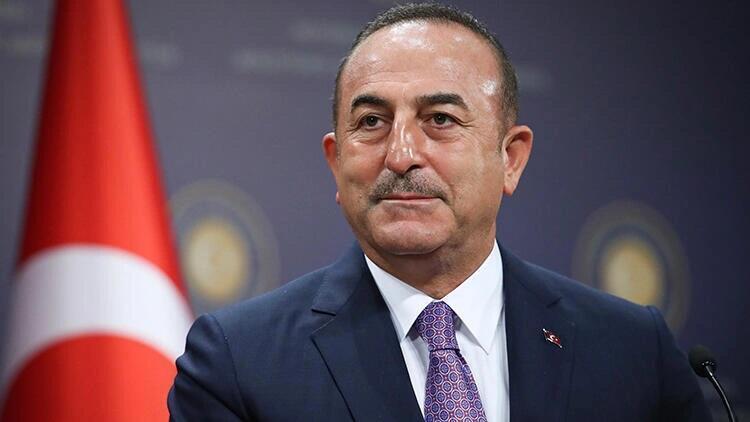
The indivisibility of transatlantic security is our fundamental principle for Turkey, Foreign Minister Mevlüt Çavuşoğlu said on Dec. 23.
NATO should remain as the fundamental element of Euro-Atlantic security, Çavuşoğlu said at the closing ceremony of the virtual International Security Academy organized by the International Relations Association.
“There are efforts by some countries to present the EU as an alternative to NATO. This is unconstructive and unrealistic. The indivisibility of transatlantic security is our basic principle. We emphasized this in the last NATO Foreign Ministers meeting,” he stated.
Çavuşoğlu noted that one of the important issues discussed at this year’s Security Academy is the future of NATO. NATO has also undergone a transformation, is trying to adapt itself to new developments, and the focus is on strengthening the political dimension in the NATO 2030 process, he added.
Turkey is pursuing a “realistic foreign policy,” but not making concessions to its principles, the minister said.
Çavuşoğlu noted that their key concept here is “diplomatic initiative superiority” and that one of the most important guarantees of national security is Turkey’s deterrent power.
“We, too, follow a realistic foreign policy based on diplomatic initiative superiority in a wide geography. We have a proactive approach to diplomacy, not reactive, without letting events rule us,” Çavuşoğlu stated.
He pointed out that in order to have a deterrent power, in addition to elements such as military power, population and economic power, effective diplomacy was also required.
Noting that they always give priority to diplomacy and will continue to do so, Çavuşoğlu emphasized that they say “diplomacy first” on many issues, such as Libya to the eastern Mediterranean and Syria.
“We intervened on the field even when diplomacy was blocked. This determination significantly increased our perception of national power and our deterrence. Not only in our region but throughout the world,” he said.